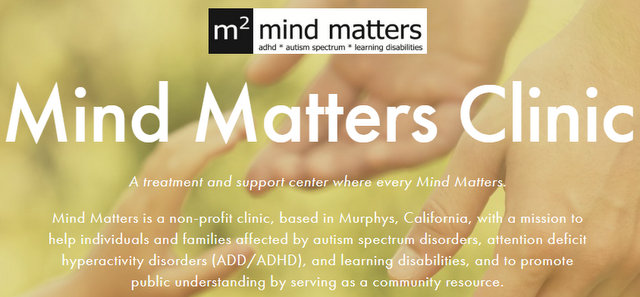Murphys, CA…Autism or autism spectrum disorder [ASD] describes a category of complex disorders of brain development. There are varying degrees of difficulty in social interactions, verbal and non-verbal communication, repetitive behavior, and/or restrictive behavior. As you can imagine this disorder is not only a challenge for the individual, but, also for the entire family, extended family, school and/or work peers and educators, the treating professionals, and the community at-large. There are many steps to take to come to terms with the diagnosis and how to handle it. We have talked in a previous blog about what one can expect and how to move forward after receiving the diagnosis. Today, I would like to offer some helpful ways to talk with siblings.
Here are five tips for explaining autism to a brother or sister
1. You are not alone. All families have challenges and something that is difficult to face within their family.
2. Love your brother or sister just the way he is. Learn about ASD so that you can be comfortable discussing and explaining it to your friends and others. Just like with neuro-typical siblings, sometimes you will love your brother or sister and other times you may not like him or her very much. Remember, it is always okay to feel your feelings.
3. Having a brother or sister affected by autism might make you sad. Try not to be angry and upset constantly as it will only make you sadder and won’t bring anything positive to the situation. This may be harder than it sounds. It may be helpful to talk with Mom and/or Dad or Grandparents or a professional counselor who is there just for you.
4. Try to have time alone with your parents, grandparents, and other brothers and sisters. You would want to do this even if you didn’t have someone in the family with autism. Family bonding time is always important and enjoyable.
5. Find something special that you can do with your brother or sister affected by ASD. Doing something together will be rewarding and bring you closer. It will be nice to have something that is uniquely yours together.
Mind Matters serves and treats those individuals affected with autism. Dr. Simons, Ph.D/Clinical Psychologist, provides evaluation and assessment to determine the diagnosis of ASD. Dr. Thompson, MD/Medical Director, works with Dr. Simons to develop a plan for treatment. You can reach us at 209-728-2184 or visit our website, www.mindmattersclinic.org.
If you would like to help us serve those clients who need financial assistance, please make a donation to us. 66% of our services are covered by donations or grants.
Thank you, Trudy Lackey, Executive Director for Mind Matters.



